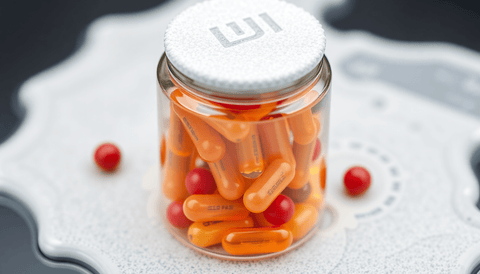Discover how acid-resistant coating delivers durable, corrosion-proof protection for your equipment—extend life, reduce downtime, and lower maintenance costs. An acid-resistant coating creates a robust barrier between metal substrates and aggressive chemicals, acids, and corrosive vapors encountered in chemical processing, mining, pulp and paper, and wastewater environments. By forming a continuous film that adheres tightly to surfaces, it helps prevent pitting, corrosion under insulation, and material loss that shorten service life. The best-performance coatings combine chemical resistance with mechanical toughness to stand up to abrasion, impact, and temperature fluctuations common in industrial settings. With a properly selected formulation and correct application, equipment can operate longer between major refurbishments. Different acid-resistant coating chemistries are chosen to fit service conditions, from epoxy-based systems to fluoropolymer and ceramic-filled formulations. The coating works by creating a barrier to chemical attack, reducing the diffusion of corrosive species to the substrate. Good surface preparation, proper curing, and correct thickness are essential to maximize adhesion and film integrity. These coatings are designed to tolerate the operating temperature range and resist chemical swelling, softening, or cracking under typical cycle conditions. When specified for tanks, pipes, valves, or processing vessels, an acid-resistant coating can seal joints and welds from exposure, helping to maintain structural integrity. Adopting an acid-resistant coating can drive meaningful maintenance savings over the equipment life cycle. Fewer corrosion-related repairs and less downtime during service interruptions translate into higher production availability. The coating reduces the frequency of coating maintenance cycles and simplifies cleaning and inspection routines. With extended life and predictable performance, total cost of ownership tends to improve, especially in high-chemistry environments where corrosion is a persistent risk. Industry-standard testing and certification support confidence in performance across relevant service classes and environmental conditions. To learn more, consult with a coatings specialist to identify the right acid-resistant coating for your process, substrate, and operating environment. We can help you select a formulation, plan surface preparation, and estimate a maintenance schedule. A pilot coating program or small-scale test can demonstrate compatibility and performance before a full-scale installation. Learn more.

